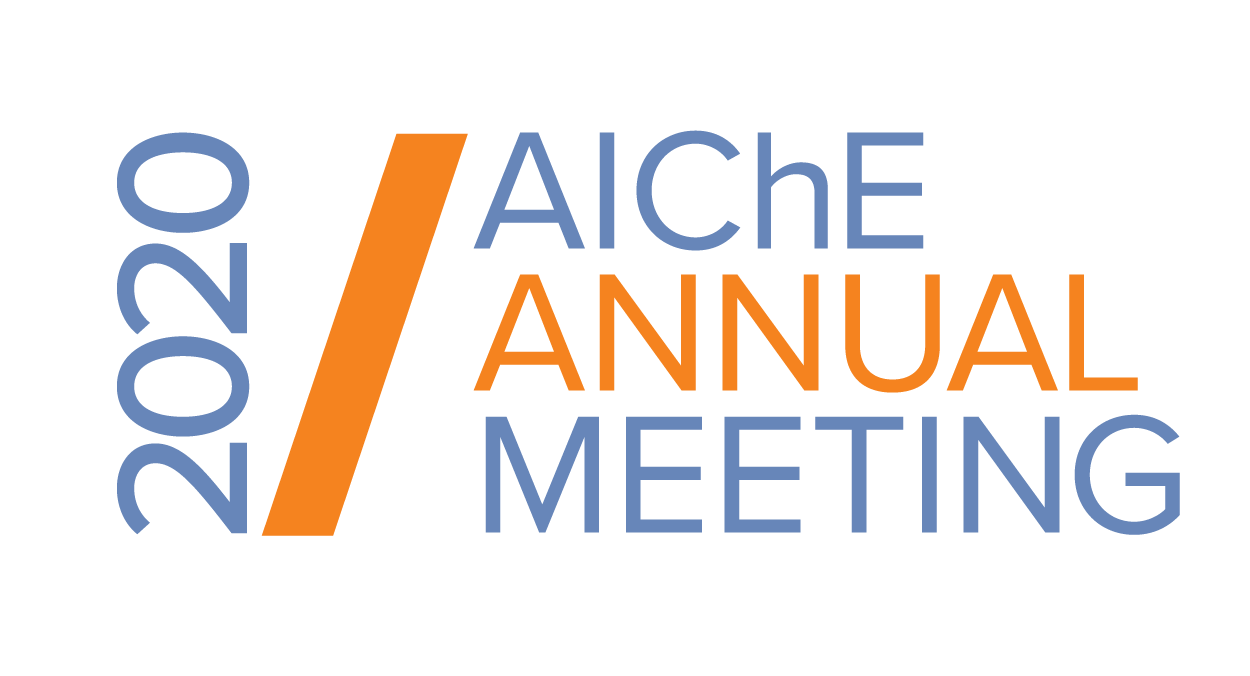

To illustrate the possibilities of circular economy in the food industry two cases of study are presented, orange and coffee. The similarities between both are due to the fact that added value products can be found in the waste and that for waste to be further used to chemicals and power, it is advantageous to remove them. Thus, several pretreatments are evaluated to recover limonene from orange peels (extraction and steam explosion) and tannins, caffeine and oils (extraction with different solvents) from spent coffee grounds. Waste is later digested to obtain a fertilized and biogas that can be further used to provide the thermal and electrical energy for the facility. Gas turbines or combined cycles are considered. Thus the design problem is formulated as a superstructure of alternatives with heat and power integration towards a sustainable integrated food complex.
The circular economy concept reduces the residue and the external energy consumption providing added value production and additional byproducts such as fertilizers. In the case of oranges, The use of steam explosion requires 50% lower production costs but 30% higher investment to treat the waste. The use of hexane consumes 4 times more thermal energy but the processing of the waste requires less digesters. Combined cycles are less profitable due to the additional investment. The lower production cost of the steam explosion allows for smaller facilities to become profitable before the ones using hexane limonene recovery. In the case of coffee waste, the integrated facility allows self integrating the energy required for the operation, consuming 40% of the raw material for that purpose, while producing added value product chemicals such as caffeine and pigments. In addition biogas and digestate are also produced out of the residue from the extraction of the chemicals.
The authors acknowledge the MECD for the research fellowship to AC and PSEM3 GIR. The authors acknowledge the funding received from the European Union’s Horizon 2020 research and innovation programme under the Marie Sklodowska-Curie grant agreement No 778168
References
[1] GarcÃa. D.; You F. The water energy food nexus and process systems engineering: A new focus. Comp. Chem Eng. 2016, 91, 49-67.
[2] Bauer, D.; Philbrick, M.; Vallario, B. U.S. Department of Energy. The Water-Energy Nexus: Challenges and Opportunities. 2014
[3] Fito, P.; LeMaguer, M.; Betoret, N.; Fito, P.J. Advanced food process engineering to model real foods and processes: The “SAFES†methodology. J Food. Eng. 2007, 83 (2), 173-185
[4] Schanes, K.; Doberning, K., Gözet, B. Food waste matters. A systematic review of household food waste practices and their policy implications. J Clean Prod. 2018, 182, 978-991.
